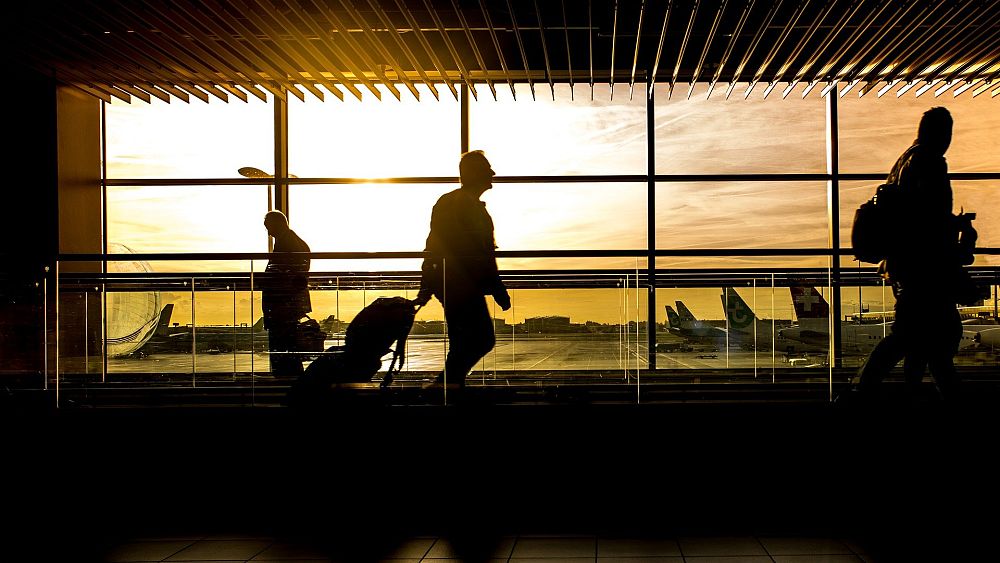Two EU agencies have recommended that passengers staying somewhere for less than 72 hours should not have to observe coronavirus quarantine rules at their destination.
The joint recommendation for the short stay exemption comes from the European Union Aviation Safety Agency (EASA) and the European Centre for Disease Prevention and Control (ECDC).
It came as the EU’s health agency said on Wednesday that forcing air travellers to quarantine is “not recommended” as it is not an “effective public health measure”.
The move, which many in the business and travel sectors are backing, could signal the return of international business travel and provide a significant economic boost in the wake of the coronavirus pandemic.
The proposal is under active study by the UK government, according to the Report of the Global Travel Taskforce that was prepared for the Department for Transport.
The EASA/ECDC guidelines consider the reduced likelihood for infection for those travelling for short periods (those expecting to return within 72 hours or less) and where contact with the local population is limited, as well as social interactions being avoided.
They suggest these travellers should not be subject to quarantines and/or COVID-19 testing unless they show any symptoms of the virus.
The bodies recommended everyone who travels must still ensure they adhere to local social distancing rules at all times to protect themselves and others around them.
However, some have said the EASA and ECDC recommendations fall short as they do not address the need for a testing regime at departure gates in place of quarantines.
The coronavirus pandemic and the measures that came with it, including quarantines, have crippled the European travel & tourism sector and battered the wider economy.
Gloria Guevara, president and CEO of the World Travel & Tourism Council, said: “The revival of international business travel is crucial to kickstarting the global economic recovery, as last year, inbound international business travel across Europe accounted for US$111.3 billion (€99.8 billion), whilst globally it accounted for more than US$272 billion.”
She said the EASA/ECDC guidelines would be “a significant step in the direction towards the wholesale revival of business travel.”
“The loss of international business travel leaves airlines especially exposed, particularly on highly competitive short-haul and transatlantic routes, which depend upon them for the bulk of their profits,” Guevara added.






:max_bytes(150000):strip_icc():focal(672x503:674x505)/la-los-angeles-fires-firefighter-eaton-altadena-011025-5257f645c8054757859ce4efda04817b.jpg)
